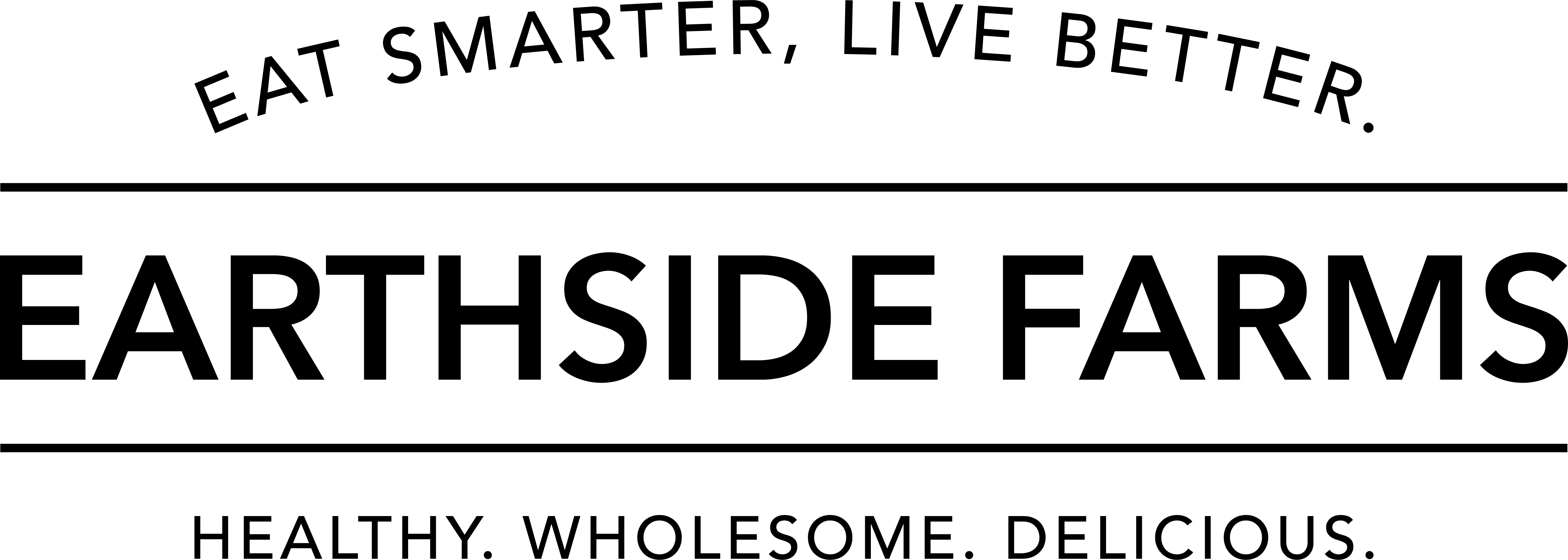Determining the appropriate amount of protein for your body can vary for each person. Factors like fitness goals and body type can influence how much protein each individual needs. It's essential to comprehend the general guidelines to ensure you're meeting your needs. Here's a breakdown to simplify it:
For General Adults:

According to experts, the recommended dietary allowance (RDA) is about
0.36 grams of protein per pound of body weight for the average adult.
For Athletes and Active Individuals:
Those who are more physically active may require higher protein intake for muscle recovery and performance. Research suggests a daily intake ranging from 0.5 to 0.9 grams per pound of body weight. For instance, a 154 lbs (70 kg) athlete may need between 84 to 140 grams of protein each day.

For Older Adults:
As we age, our bodies may need more protein to preserve muscle mass and strength. Older adults could benefit from consuming 0.5 grams or more per pound of body weight, based on their health and activity level.

For Pregnant and Nursing Women:
Protein requirements increase during pregnancy and breastfeeding to support both the mother and the baby. The Academy of Nutrition and Dietetics recommends an additional 25 grams of protein daily during these crucial phases.

Why is Protein Essential?
A study from the American Journal of Clinical Nutrition suggests that higher protein intakes are particularly beneficial for muscle health and recovery in active individuals. These findings highlight the importance of personalizing protein intake based on individual needs and lifestyle.
Protein is composed of amino acids, the building blocks of our bodies.
It plays a crucial role in:
-Building bones, muscle, cartilage, and skin
-Repairing tissues
-Oxygenating the body
-Facilitating digestion through enzyme synthesis
-Regulating hormones
What Happens if You Don’t Get It?
Skipping on adequate protein intake can lead to various negative impacts on your body, including muscle loss, weakened immune function, and impaired organ function.
Best Sources of Protein
Animal based options: Meat, fish, eggs, and dairy products are traditional sources of protein which are rich in essential amino acids.
Plant based options: Nuts, seeds, legumes, and plant-based protein sources offer substantial protein content for those following a vegan diet.

Meeting Your Protein Needs Naturally
Protein can be sourced from a variety of foods, both animal and plant-based. While traditional protein sources are well-known, many plant-based options are equally rich in protein. Earthside Farms offers a variety of nutritious, protein-packed snacks to boost your protein intake naturally without compromising on taste.
Candied Banana Bread Walnuts: These walnuts are packed with protein and healthy fats, providing a delicious way to naturally increase your protein intake.
Candied Blueberry Vanilla Cashews: Offering a satisfying crunch, cashews are a great source of protein and antioxidants, ideal for a nutritious snack any time of day.

Conclusion
Understanding and meeting your protein needs plays a vital role in maintaining a healthy diet and lifestyle. By personalizing your protein intake based on factors like age, activity level, and health status, you can ensure you're meeting your unique requirements. Earthside Farms offers delicious, protein-rich snacks to help you achieve your protein goals naturally and tastefully.
Ready to boost your protein intake? Explore Earthside Farms' selection of protein-packed snacks and discover your new favorites. Remember, choose quality sources of protein to fuel your body properly. Explore our range of delicious and nutritious products to make every bite count.


